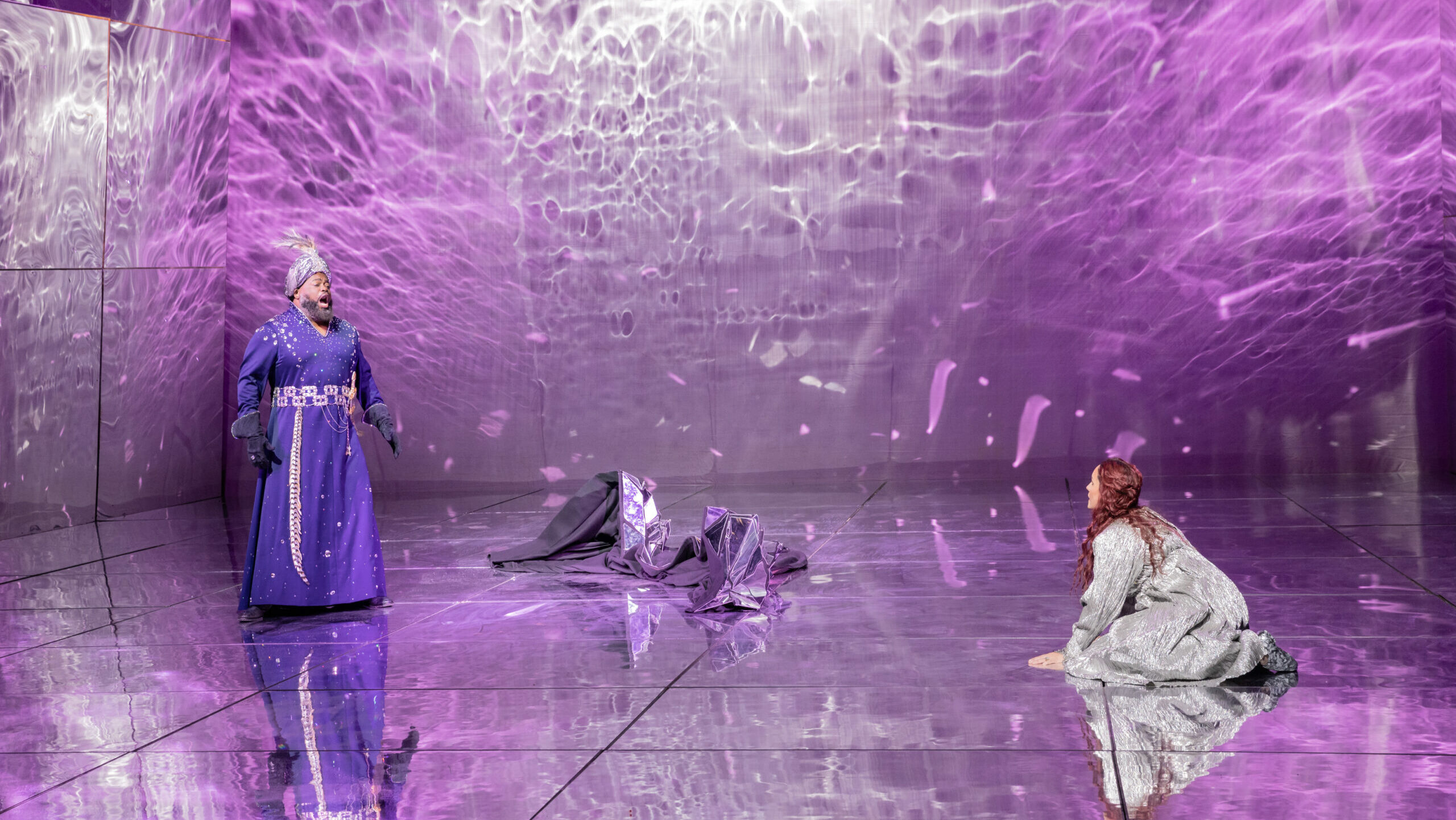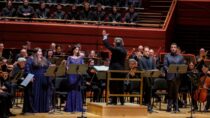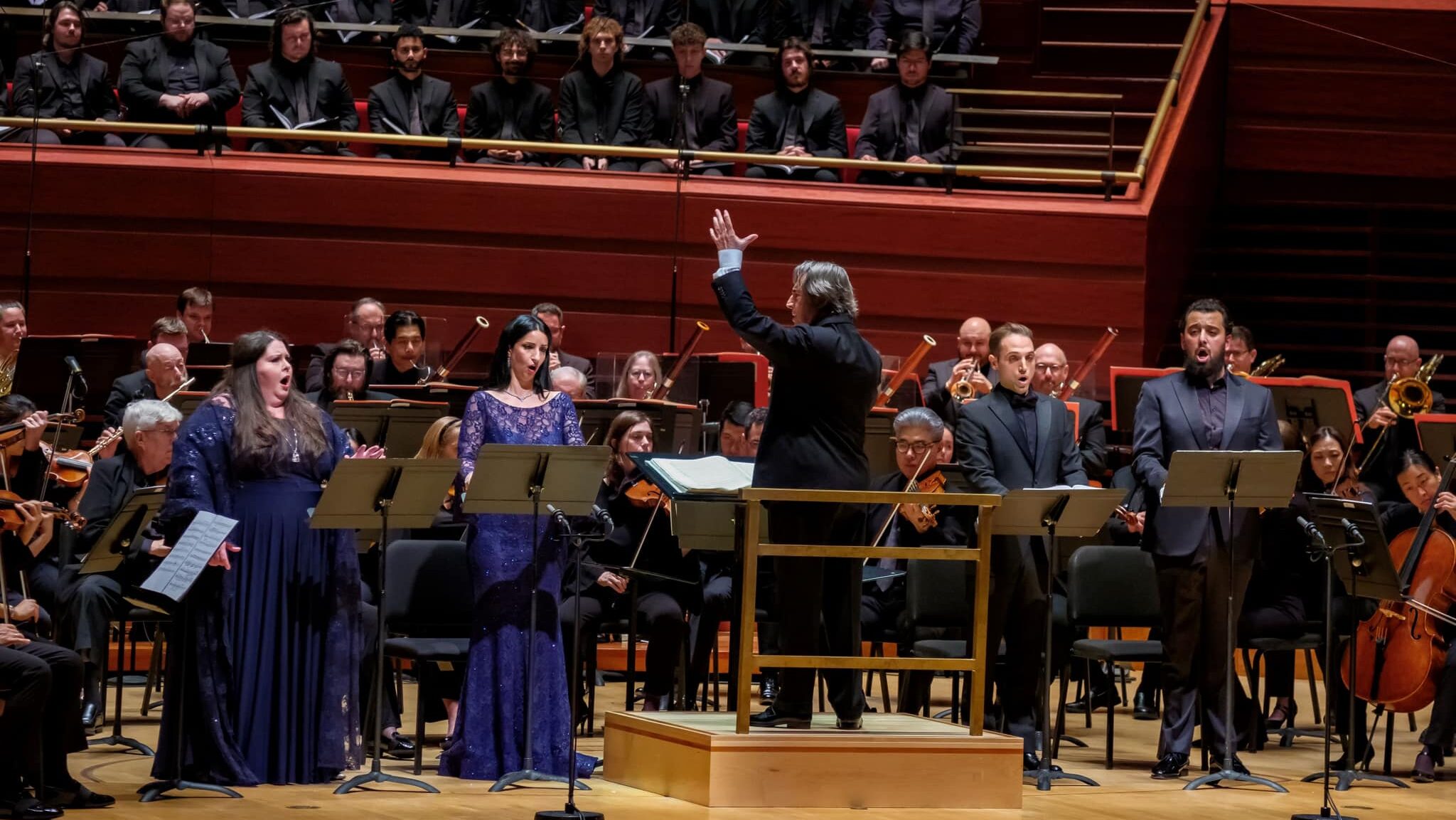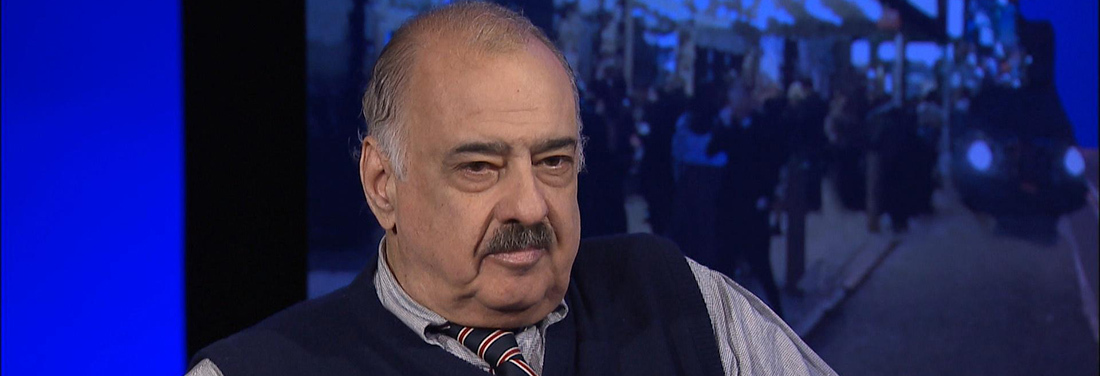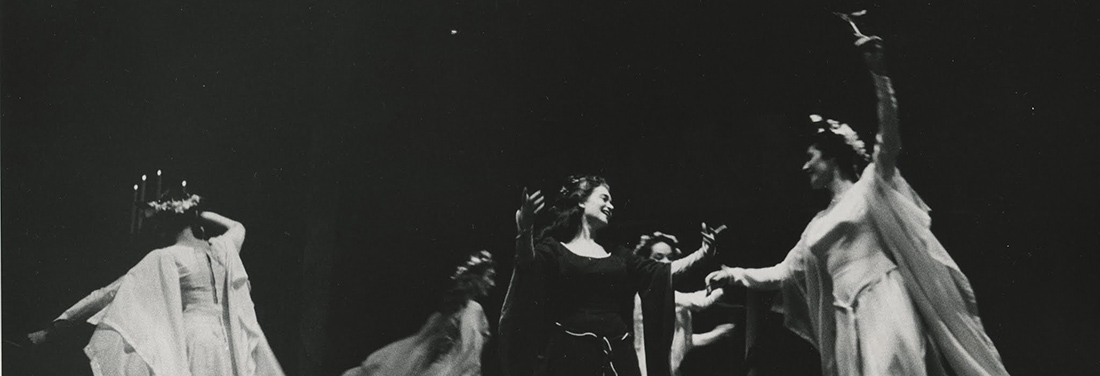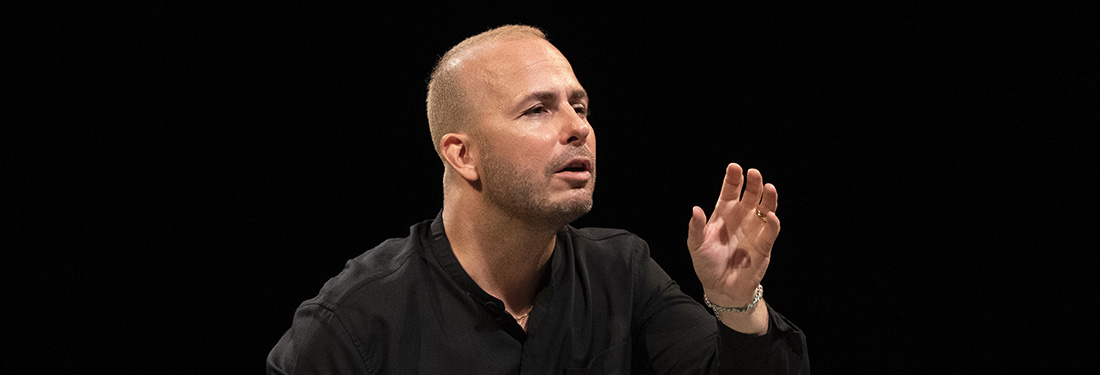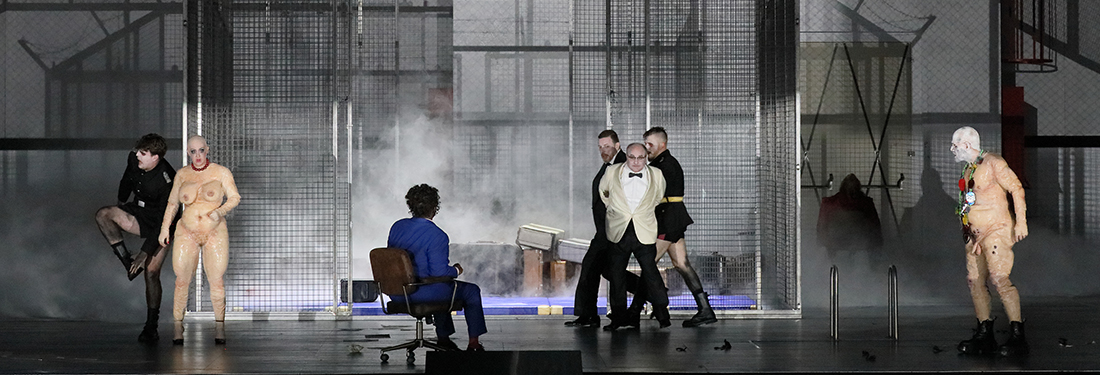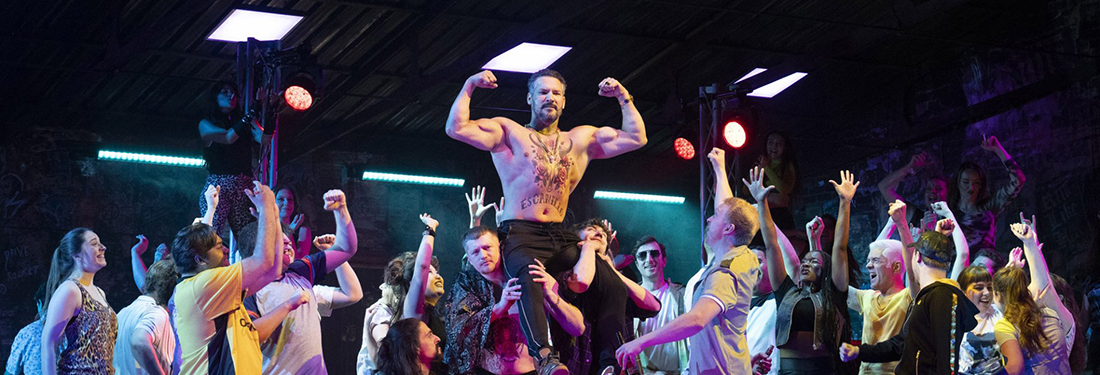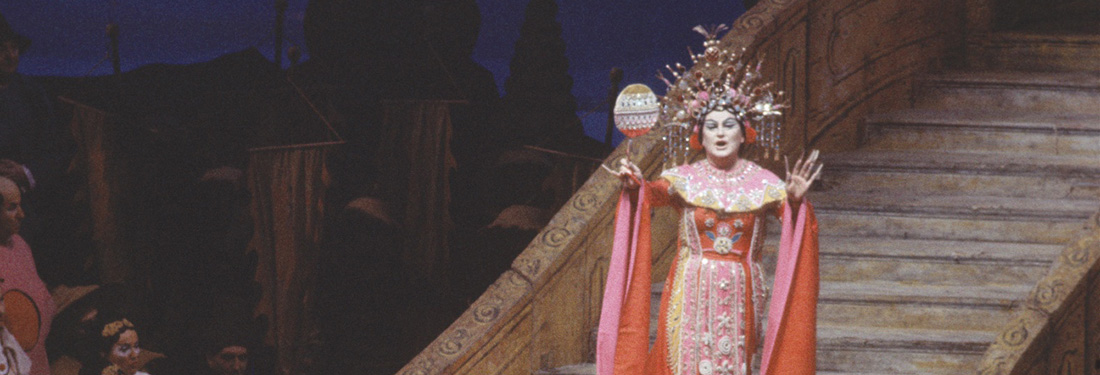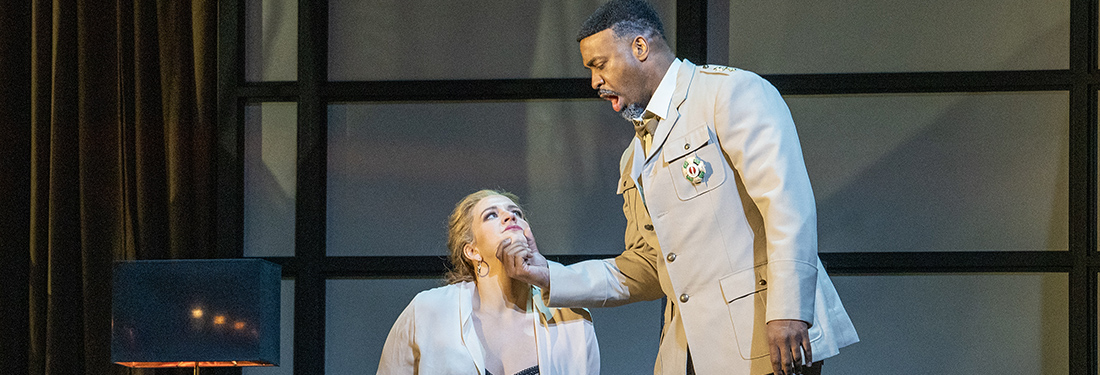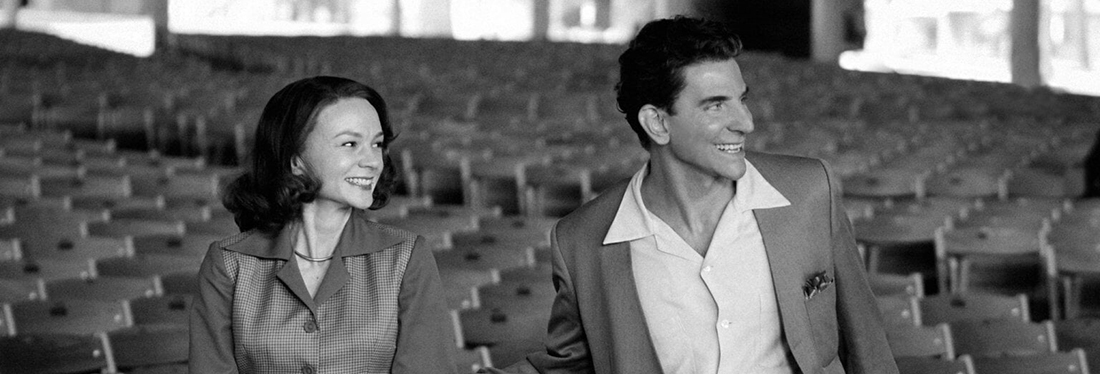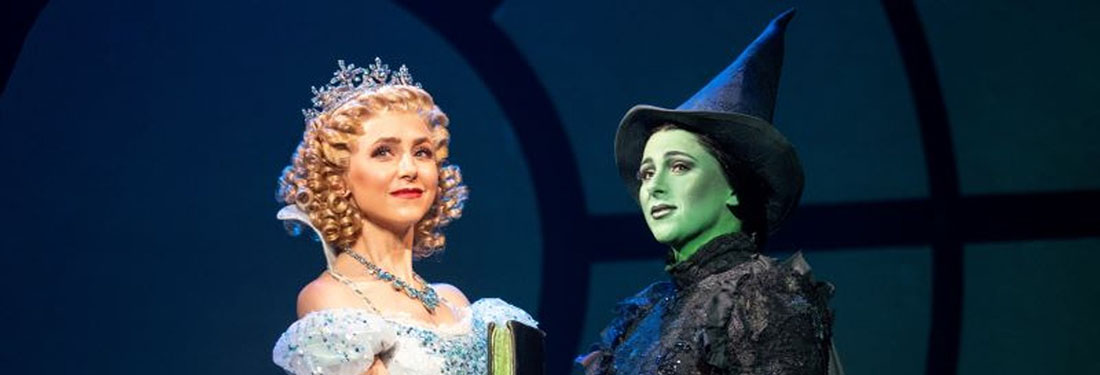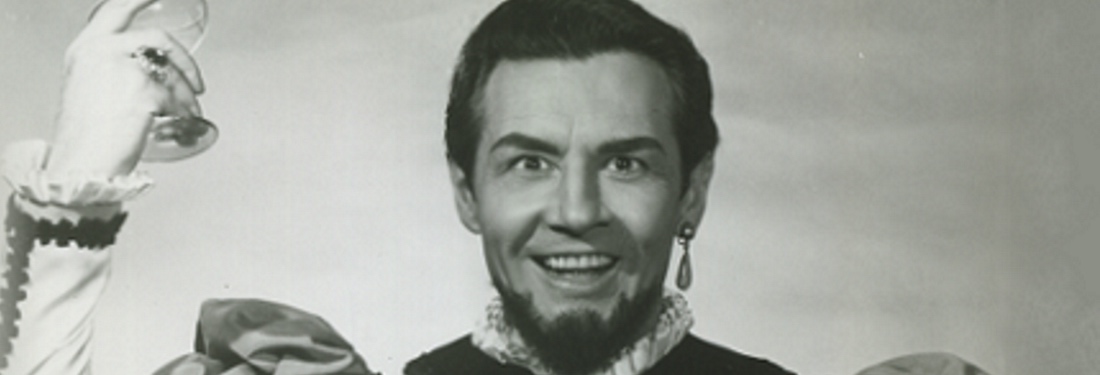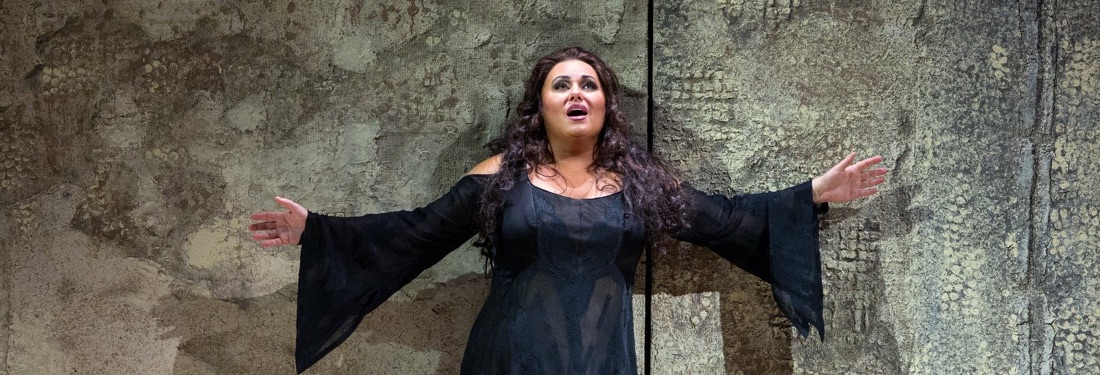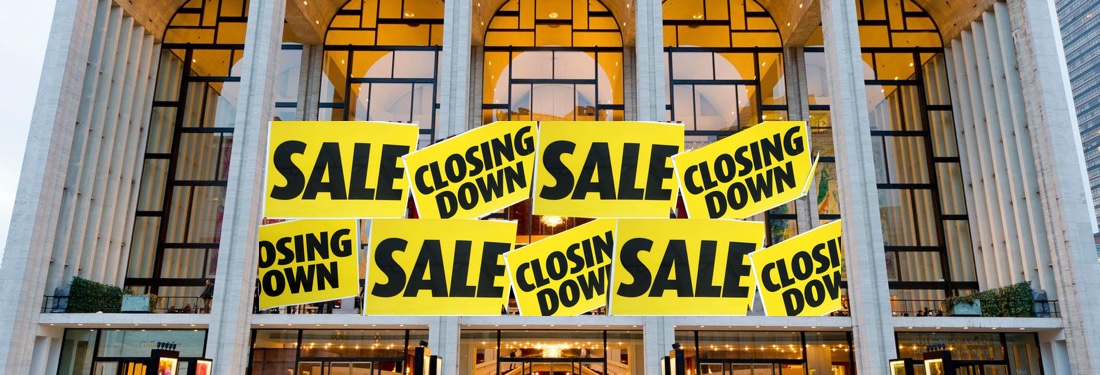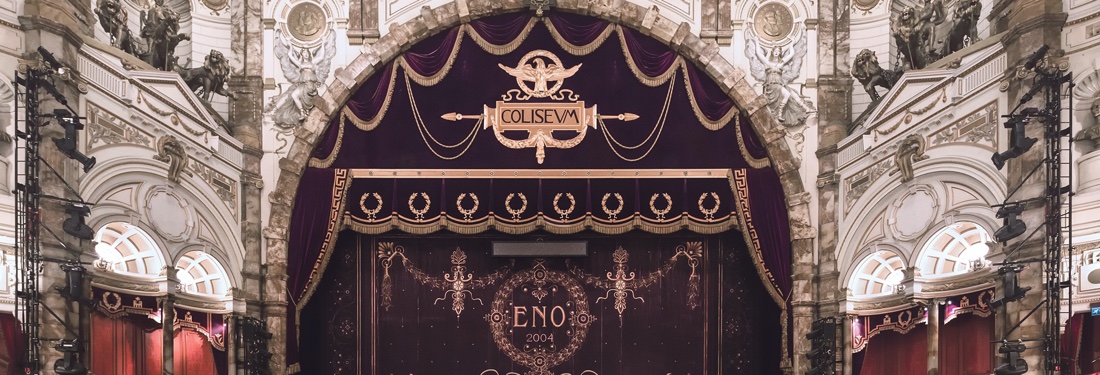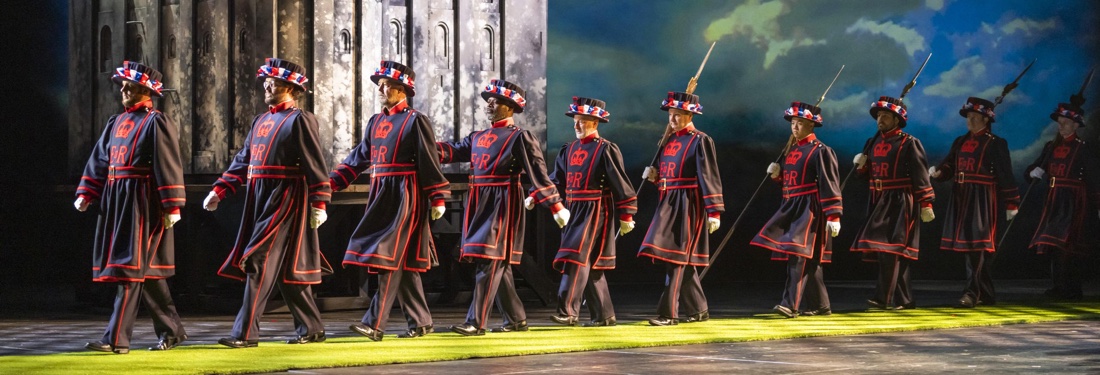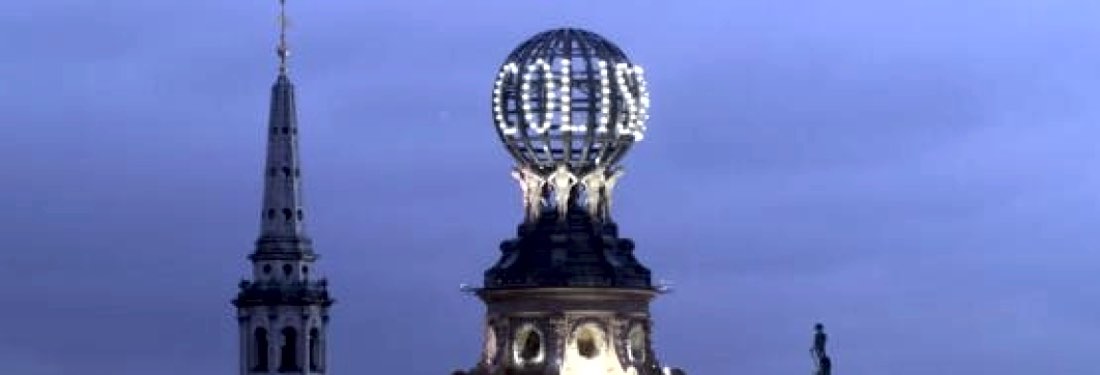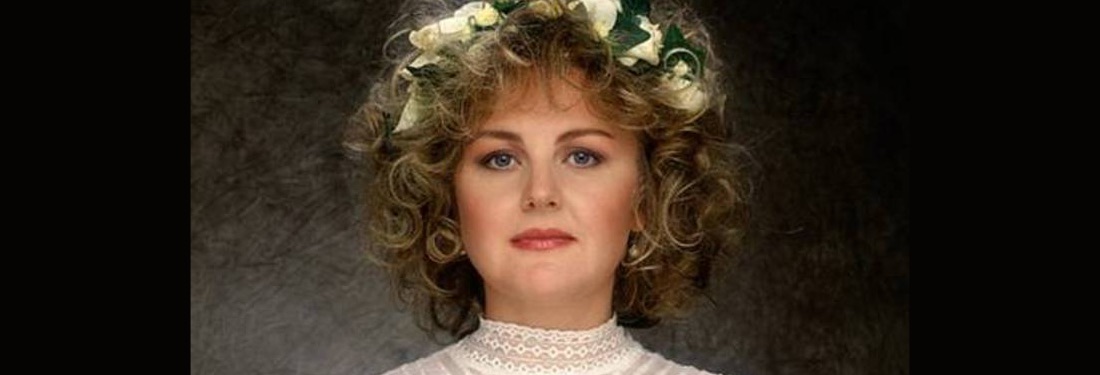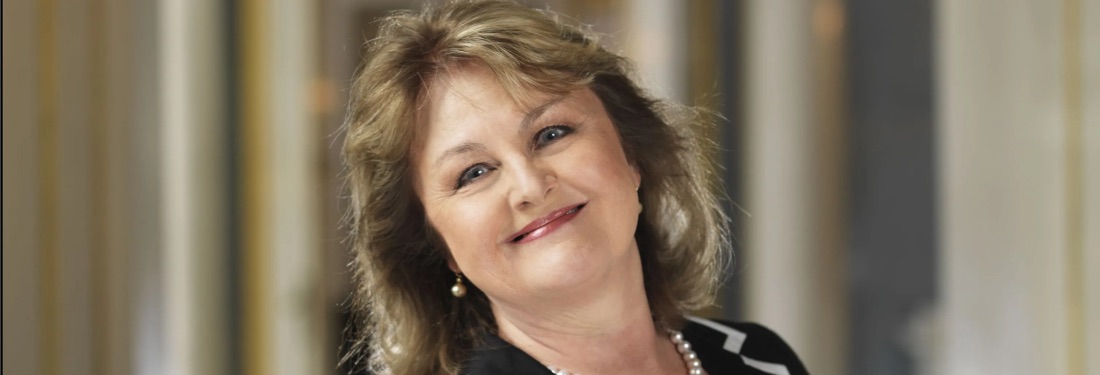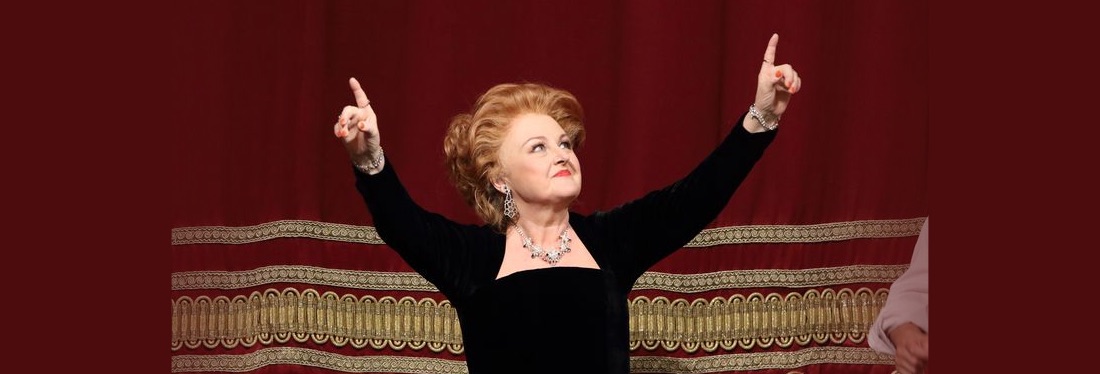
Critics and Their Criticism
A high-drama Vanessa by the Boston Symphony Orchestra offers something to believe in.
Richard Lynn bravely asks what we’re hoping to get out of the continued Peter Gelb-bashing — and whether our expectations of him have ever been fair
In hopes of encouraging parterre box readers to concoct their own year-end lists, I’ve put together my own.
Michael Steinberg on Riccardo Muti, fascism, and who speaks through the collective voice of the Verdi Requiem.
Patrick Mack on the iconic Ethan Mordden‘s career and his first book on opera in 30 years – and it appears that time has mostly stopped in the Mordden manse.
To the extent that singers should be considered stewards of their repertoire, equating bad singing to whatever “verismo” is will only be to the detriment of verismo.
The Metropolitan Opera chose the early August operatic doldrums in NYC to announce the renewal of Yannick Nézet-Séguin’s contract as music director through the 2029-30 season.
Can György Ligeti‘s only opera be understood as the composer’s own grappling with trauma, death, and memory of a past life?
Does Diane Paulus really have no better ideas?
In the lead up to LA Opera’s mounting of Turandot on May 18th (hooray!) I thought I’d touch on some of my favorite recordings and new re-masters I’ve discovered. I have them all.
Each successive version pushed the envelope further… and was less effective.
In an ingenious stroke of double casting, the Met’s new Forza del destino brings back the Marquis of Calatrava—father of the heroine Leonora, unintentionally killed in the opening scene by a bullet from her lover’s pistol—as Padre Guardiano, Father Superior of the monastery that will take her under its protection as a hermit in Act 2.
Ah, that Bernstein dichotomy.
No show should last 20 years.
On February 10 of this year was the 100th anniversary of the birth of the great Italian basso Cesare Siepi. I found that this milestone was scarcely noted in the opera press.
How appropriate that the Met should present this supposedly “Jewish” opera after many in the audience had just spent twelve days immersed in the genuine article over the High Holy Days.
A quick survey of the Met website shows wide swaths of available seats for the upcoming performances of La traviata and L’elisir d’amore. Only new works like The Hours and Fire Shut Up in My Bones have been achieving sold-out houses.
Arts Council England, as a global policy trendsetter, may have sounded the death knell for the international opera industry as we know it.
One wonders whether an obsession with metrics and measurement has the potential to create arts organizations that are more preoccupied with finding systems that quickly and efficiently tick the Arts Council’s boxes than with creating meaningful, impactful art.
“Opera needs a reset. We think there needs to be a fundamental shift in the ecology.”
Edita Gruberová was one of the most fascinating individuals I have ever known.
Edita Gruberova considered her greatest pride and loves not her career but her daughters Klaudia and Barbara and grandchildren Cris, Denis, and Alyssa.
Despite the diminishing returns of her vocal means, Edita Gruberova‘s last years of her career were if anything more successful than ever.
These are my findings and opinions (and I welcome rebuttals)!





